SUMMARY
This is AI generated summarization, which may have errors. For context, always refer to the full article.
![[OPINION] Your call to arms: For the Filipino healthcare worker](https://www.rappler.com/tachyon/2021/07/ispeak-call-to-arms-ph-healthcare-worker-sq.jpg)
When I was a freshman in college, a sociology professor opined to my class of occupational therapy students that he found it unethical for us to work abroad. As students at a state-funded institution in an impoverished country, already plagued by brain drain and care drain, we simply owed the Filipino taxpayers our blood, sweat, and tears. Though the same judgment has been echoed in editorials and scholarly articles alike, this professor offered what he thought was a fair compromise — that we health science graduates serve in our home country, preferably with a public organization, for at least four years, or the time equivalent to completing our degrees.
I look back at that moment in two ways: 1) I was 17 years old, so inspired by this man’s professional advice that it influenced my decision to spend the first half decade of my career instructing at my beloved alma mater; and 2) I was sitting in a room with other adolescents, still unsure of what my future career would entail, and we were all being guilted for choices that none of us had yet made.
I am telling you this story because the last thing you should feel about a path to a career in care is guilt, even phrased as utang na loob (debt of gratitude). A pervasive psychology is that as a Filipino healthcare worker, you must constantly place the wellbeing of others ahead of your own — a dynamic that should only ever be true in the moments while providing treatment to patients.
When you stay in your country, people weigh in on you missing out on multifold pay and the fresh experiences that come with working abroad. Meanwhile, if you go overseas, recruiters, employers, and even fellow migrants are quick to point out that you — a migrant worker yet to achieve bargaining power through permanent residence — must contribute twice the effort for a fraction of what your work is worth. Your supervisors might tell you how much easier you have it than they did, and describe to you how “I had to stay at the clinic writing notes past bedtime back in my day.” Friends and family, for lack of experience, often can’t empathize with the emotional drain of tending to people in their delicate moments — while injured, acutely sick, mentally ill, debilitated, developmentally delayed, or in grave condition. You put on a brave face to address someone else’s needs before your own, when you are physically exhausted, when your bladder is about to burst.
Mixed messages about health care and migrant work as a form of martyrdom stayed with me as an Overseas Filipino Worker (OFW). I was constantly reminded of my “great luck” for the “opportunity” to treat in settings where, in reality, I was imported for lack of a willing or able American to do the work.
If your experience is anything like mine, you may eventually receive some applicable advice on how to value and take care of yourself. Hopefully, you won’t be as stubborn as I was, and you will heed this.
In being taught to look out for myself, there was a mandatory pre-departure orientation, meant to educate outgoing OFWs. Out of convenience, the local agency, with which my employer partnered, sent me to a seminar meant for seafarers, who made up most of the class. The lessons were exclusive to the majority and irrelevant to the rest of us. In fact, the only message I still remember is, “When you are docked in and want to go out for some R&R, and a beautiful woman drops her purse in front of you, DO NOT PICK UP THE BAG. It’s a trap to accuse you of stealing and extort you, young sailor.”
During my first few years in Texas, I reported for duty every holiday and jumped at any opportunity for overtime, partly to distract myself from homesickness, but mostly because it was once virtuous to work incessantly and without question. During a continuing education workshop in Chicago, 2014, I met an older Filipina on the bus with her two grown daughters. She was a retired public health professional. She told me she had been widowed when her girls were little, and that from then on, she vowed never to take extra hours, so she could be there for her daughters. She had said that all her colleagues who fought each other to work weekends and overtime had died young. In spite of her advice to take rest whenever it was available to me, I doubled up on my activity and pursued my master’s degree while maintaining my full-time job. I graduated without student debt, but my health suffered in the last year of my studies. Afterward, I didn’t take a break to take care of myself because I wanted to, but because I had to.
This was all before COVID-19, which among nurses in the United States, has disproportionately claimed more Filipino lives than any other ethnic group. While there are obvious system failures in protecting our healthcare workers abroad, esteem building and safeguarding must start at home. Though Philippine hospitals require healthcare workers to volunteer for training due to lack of funds and positions, it is also important to provide healthcare workers, whether applying for overseas employment or not, with the tools and education to assert ourselves, that we are duly protected and compensated. In the States, I’ve seen Filipino employees at all levels clock out for lunch and continue working on unaccounted time. I used to do it myself, and it started when I was in my own country.
The call to care is a call to sacrifice time and energy to be present for others. It is not a call to sacrifice one’s own life or wellbeing. The ethical dilemma of working in healthcare is not about how and where you can do the least degree of harm, but the most amount of good. This is a reminder that you, as an individual, are part of that equation, deserving of care. Whether you have decided to stay and serve in your country, or to venture abroad for any reason, your dedication to alleviate suffering, one person at a time, is a call to arms. You have answered that call, but instead of bearing weapons, your skilled arms hold kindness and healing. I hope you leave your arms the strength to care for yourself. – Rappler.com
Irene Carolina Sarmiento is the author of two illustrated children’s books, Spinning and Tabon Girl, both published by Anvil. Her stories have won awards from The Palanca Memorial Foundation, Philippines Free Press, Philippine Graphic/Fiction Awards, and Stories to Change the World. She is an occupational therapist with a master’s degree in Applied Cognition and Neuroscience.
Add a comment
How does this make you feel?
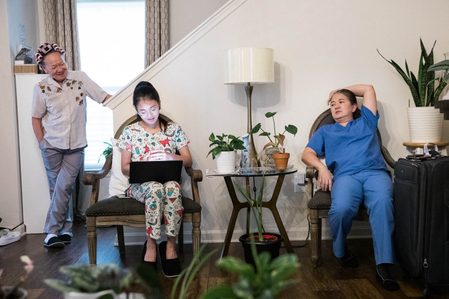
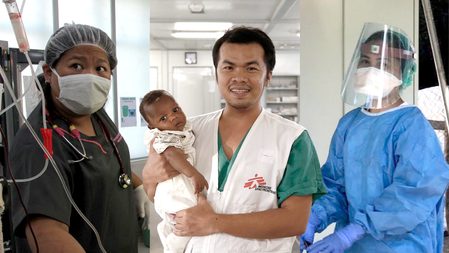


![[Time Trowel] Evolution and the sneakiness of COVID](https://www.rappler.com/tachyon/2024/02/tl-evolution-covid.jpg?resize=257%2C257&crop=455px%2C0px%2C1080px%2C1080px)



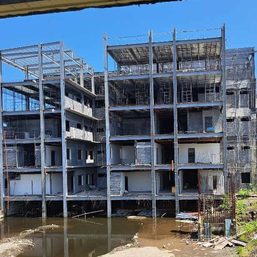

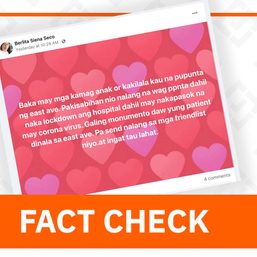

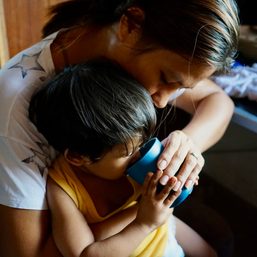
![[OPINION] Beyond infrastructure: Ensuring healthcare access for the poor](https://www.rappler.com/tachyon/2024/03/tl-healthcare-access-03402024.jpg?resize=257%2C257&crop_strategy=attention)
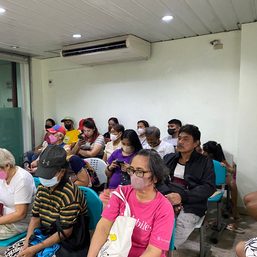
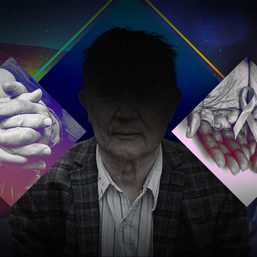
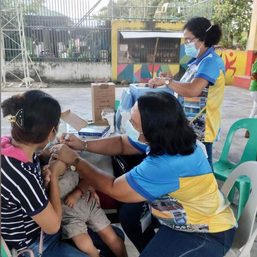
![[Free to Disagree] Sabwatan ng mga doktor at drug companies](https://www.rappler.com/tachyon/2024/04/tl-sabwatan-doktor-drug-companies-April-22-2024.jpg?resize=257%2C257&crop=292px%2C0px%2C720px%2C720px)
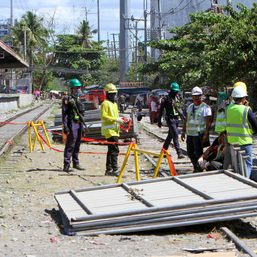

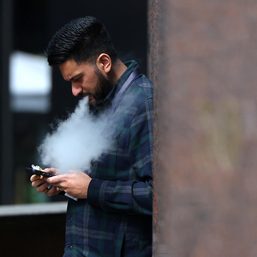
There are no comments yet. Add your comment to start the conversation.